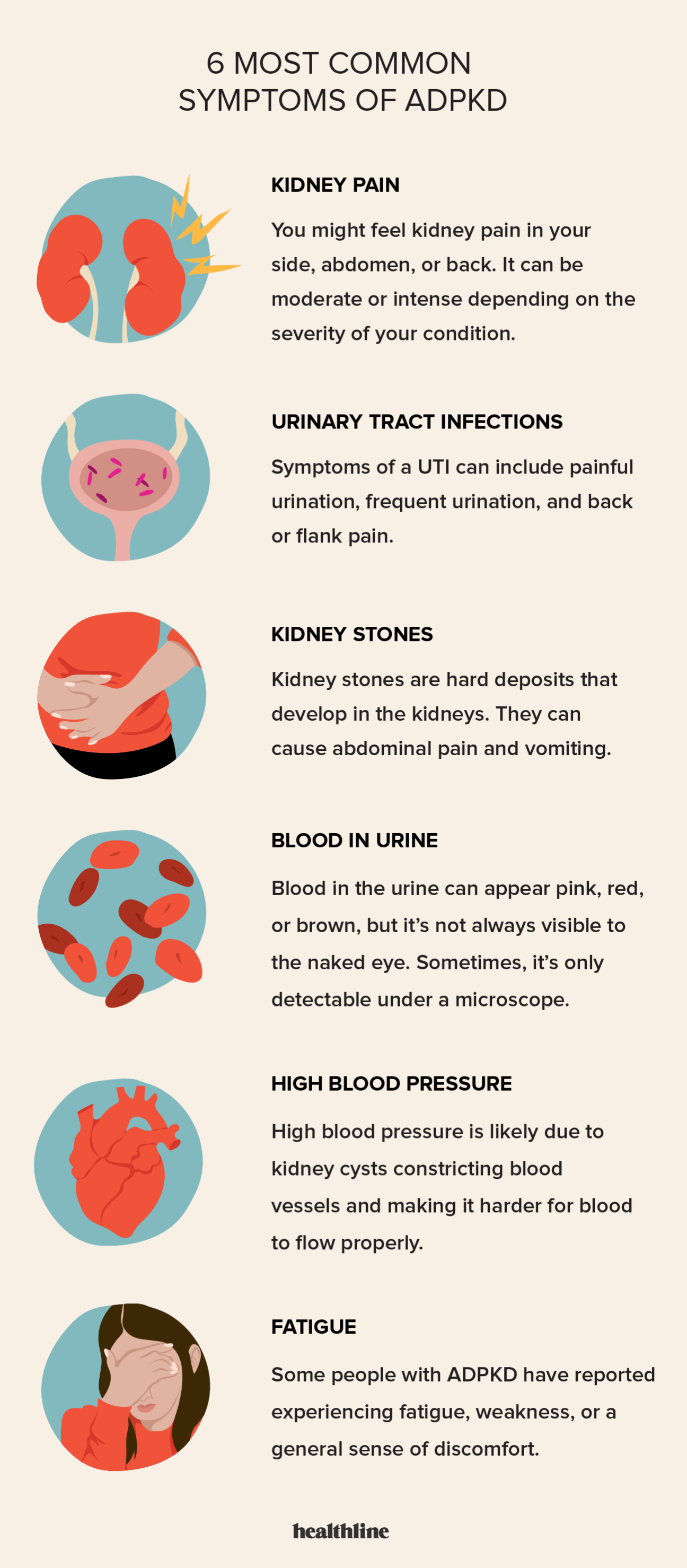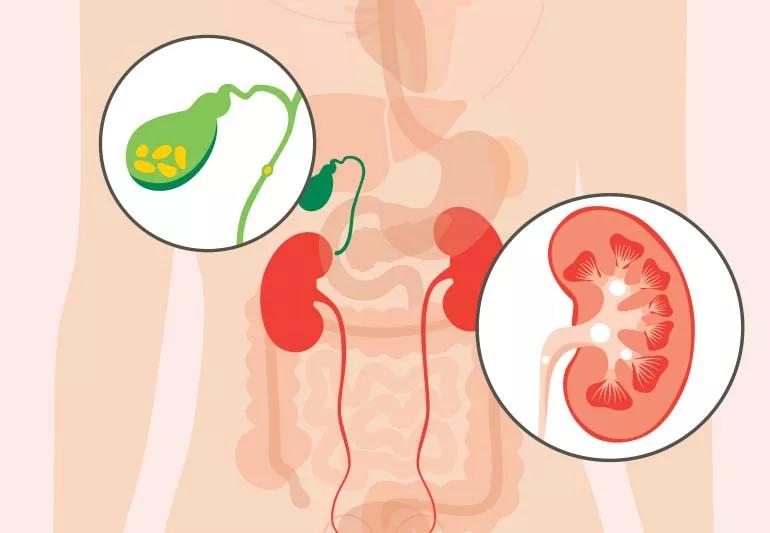Kidney Stones vs UTI: Essential Information on Therapy Options and Avoidance
Wiki Article
Exploring the Manifestations and Causes of Kidney Stones in Comparison to Urinary System Infections: A Comprehensive Guide
The expedition of kidney stones and urinary system system infections (UTIs) reveals a complex interplay of signs and symptoms and underlying reasons that warrant cautious evaluation. While both conditions can lead to hematuria, they offer distinct clinical attributes and develop from different etiological variables. Comprehending the nuances of each condition is vital for efficient diagnosis and management. What are the vital distinctions in their symptoms, and just how might these educate therapy approaches? The solution to these concerns may provide important understandings right into the avoidance and treatment of these typical urological concerns.Review of Kidney Stones
Kidney rocks, also called kidney calculi, form when specific compounds in the urine crystallize and accumulation, causing the advancement of tough deposits within the kidneys. These stones can vary in size, ranging from a grain of sand to a golf round, and can be made up of various materials, the most typical being calcium oxalate, uric acid, struvite, and cystine. The formation of kidney rocks is influenced by several aspects, including nutritional habits, liquid intake, and hereditary proneness.Signs and symptoms of kidney rocks might include serious discomfort in the back or side, blood in the pee, nausea, and constant peeing, especially as the stone relocates via the urinary system tract. Diagnosis usually entails imaging studies such as ultrasound or CT scans, alongside urinalysis to recognize the rock's structure.
Therapy choices vary based upon the dimension and kind of rock, as well as the seriousness of signs (Kidney Stones vs UTI). Little stones might pass naturally with boosted liquid intake, while bigger rocks may call for medical treatments such as lithotripsy or medical elimination. Comprehending the pathophysiology and risk factors linked with kidney stones is crucial for efficient avoidance and management
Introduction of Urinary System Infections
Urinary system infections (UTIs) prevail bacterial infections that affect any kind of component of the urinary system, consisting of the kidneys, ureters, bladder, and urethra. They mainly happen when bacteria, often from the intestinal system, get in the urinary system, bring about swelling and infection. UTIs are classified into 2 main kinds: uncomplicated and challenging. Uncomplicated UTIs usually occur in healthy individuals with regular urinary system tracts, while complicated UTIs may develop in people with underlying problems, such as architectural problems or jeopardized immune systems.The frequency of UTIs is significantly higher in ladies than males, mainly because of physiological differences, such as a shorter urethra. Threat elements include sex, specific contraceptive methods, urinary system retention, and dehydration. The diagnosis of UTIs is normally verified through urine examinations, which might disclose the existence of microorganisms, leukocyte, or red blood cells.

Symptoms of Kidney Stones
The pain connected with kidney stones can manifest in different means, usually leading people to seek clinical attention. Among one of the most common symptoms is extreme pain, usually local in the reduced back or side, which might radiate to the abdominal area or groin. This discomfort, frequently defined as sharp or cramping, can take place suddenly and may fluctuate in strength.Furthermore, people may experience hematuria, or blood in the pee, which can range from tiny total up to visible staining. This symptom might be accompanied about his by modifications in urinary system habits, such as boosted frequency or seriousness, in addition to pain throughout peeing. Nausea and throwing up are also prevalent, often arising from the body's response to extreme discomfort.
In some cases, individuals might experience fever and cools, especially if a secondary infection develops as a result of the obstruction triggered by the rocks. Overall, the mix of extreme discomfort, hematuria, altered urinary system patterns, and intestinal signs can give substantial understanding into the presence of kidney rocks, necessitating punctual clinical examination and intervention. Comprehending these signs is critical for timely medical diagnosis and reliable administration of the condition.
Symptoms of Urinary System System Infections
Infections within the urinary system system usually offer a series of distinctive symptoms that can substantially impact every day life. One of the most typical signs consist of a consistent impulse to urinate, commonly accompanied by a burning sensation during urination, known as dysuria. Individuals may likewise experience increased frequency of urination, producing tiny quantities of pee each time.Other significant symptoms consist of cloudy or reeky pee, which might suggest the presence of microorganisms or pus. Sometimes, pee might show up pink or red due to the visibility of blood, a problem recognized as hematuria. In addition, individuals might experience pelvic discomfort or stress, which can additionally worsen the sensation of necessity.
Systemic symptoms might additionally manifest, such as fever, chills, and tiredness, especially if the infection has risen to the kidneys. It is important to recognize these signs and symptoms early, as without treatment urinary tract infections can result in extra serious problems. Kidney Stones vs UTI. Trigger clinical interest is encouraged when these symptoms try here are observed, allowing for suitable diagnostic analysis and treatment to minimize pain and protect against further health and wellness concerns
Reasons For Each Condition
Often, kidney stones and urinary system tract infections emerge from distinctive yet in some cases overlapping causes that can affect individuals differently. Dehydration, not enough liquid intake, and high-sodium diet regimens can intensify these conditions, advertising crystallization within the urinary system system.
Recognizing these distinct causes is crucial for avoidance and treatment. Kidney Stones vs UTI. While lifestyle adjustments may minimize the danger of kidney rocks, suitable hygiene and timely therapy of urinary system tract infections are necessary for decreasing their reoccurrence and associated complications
Verdict
In summary, kidney stones and urinary tract infections existing distinct signs and symptoms and underlying causes. Kidney rocks are characterized by extreme discomfort and metabolic factors, while urinary tract infections largely include bacterial infections leading to urinary seriousness and discomfort.The exploration of kidney stones and urinary system infections (UTIs) exposes a complex interplay of signs and underlying reasons that call for mindful evaluation.Urinary system infections (UTIs) are typical microbial infections that influence any kind of component of the urinary system, consisting of the kidneys, ureters, bladder, and urethra.Often, kidney stones and urinary system infections occur from unique yet in some cases overlapping reasons that can impact individuals in different ways.In recap, kidney rocks and urinary tract infections existing distinct signs and underlying reasons. Kidney stones are identified by severe discomfort and metabolic aspects, while urinary system system infections mostly involve bacterial infections leading to urinary click for source system urgency and discomfort.
Report this wiki page